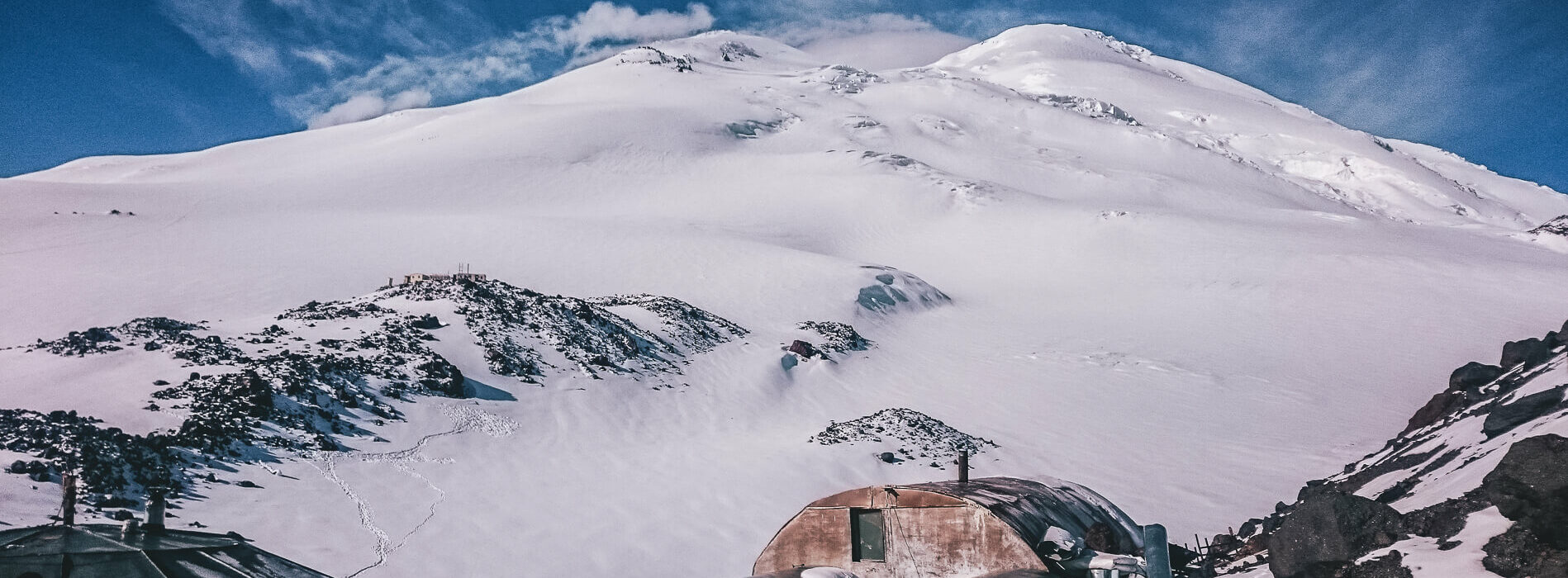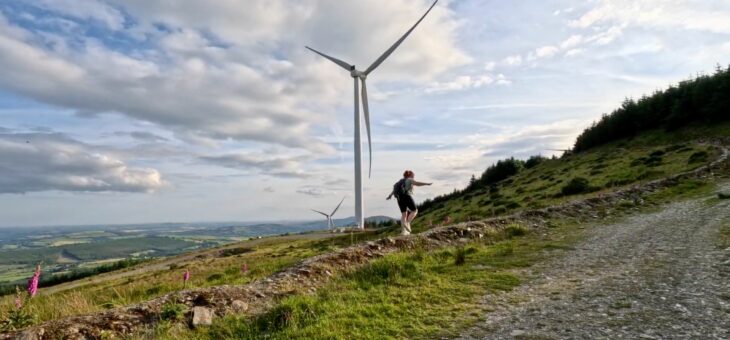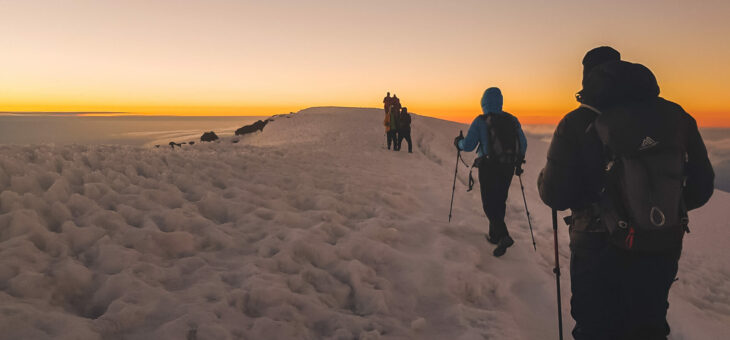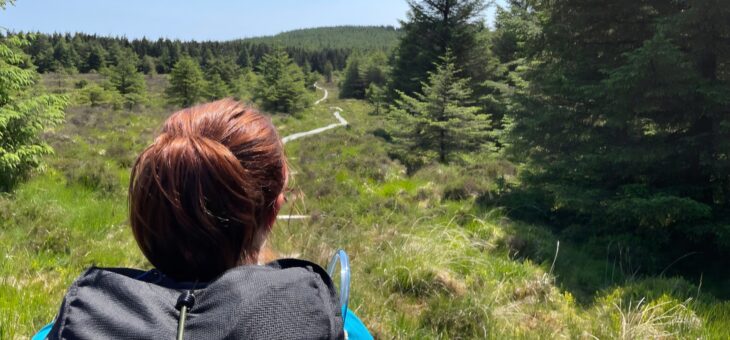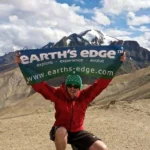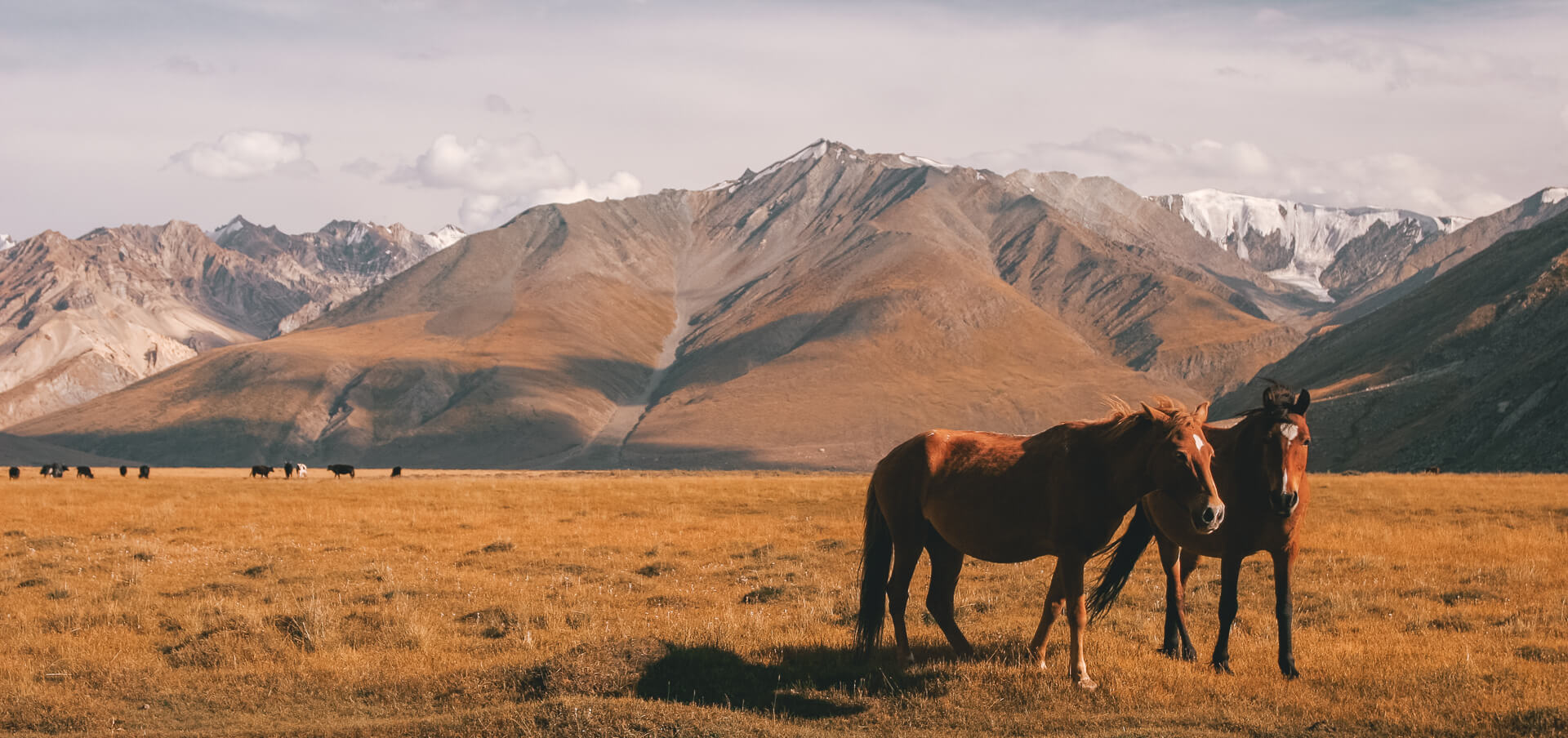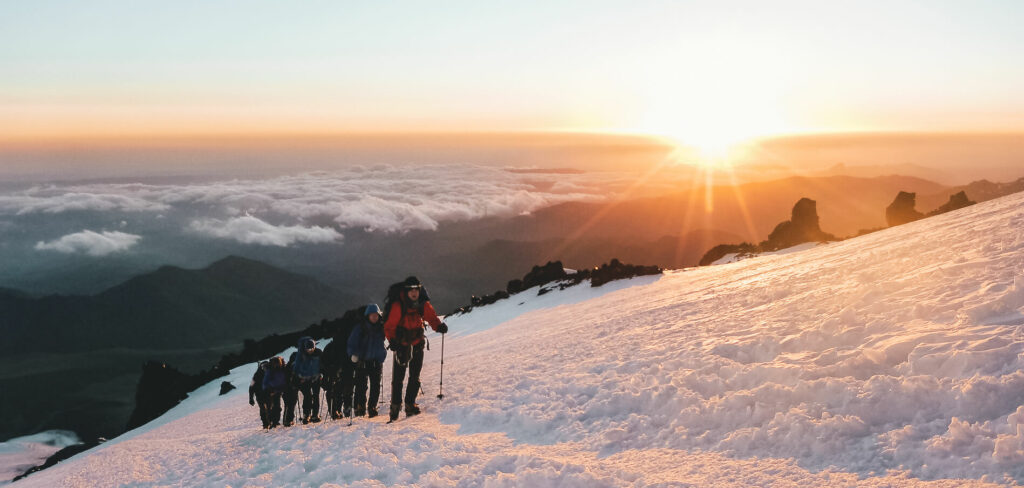
Both are one of the Seven Summits – the highest peaks in all seven continents. But how do Mount Elbrus and Kilimanjaro compare? Are they both pretty similar? Or is Elbrus harder than Kilimanjaro? If you’re thinking of climbing the highest peak in Europe or Africa, here’s a blog post with all the info you need.
Is Elbrus harder than Kilimanjaro?
In short? Yes. While the heights aren’t too different – Kilimanjaro stands at 5,896m and Elbrus at 5,642m – the conditions make these two very different climbs. We give all of our expeditions a rating at Earth’s Edge. Kilimanjaro is a level 5 trek, and Elbrus is a level 8.
What makes it harder?
It mostly comes down to the terrain. While Elbrus doesn’t require experience in technical skills, the route from Camp 1 to the summit is completely covered in snow and ice. This means you’ll need to use crampons, ice axes and similar. While you might see snow on Kilimanjaro, you won’t need those same technical skills.
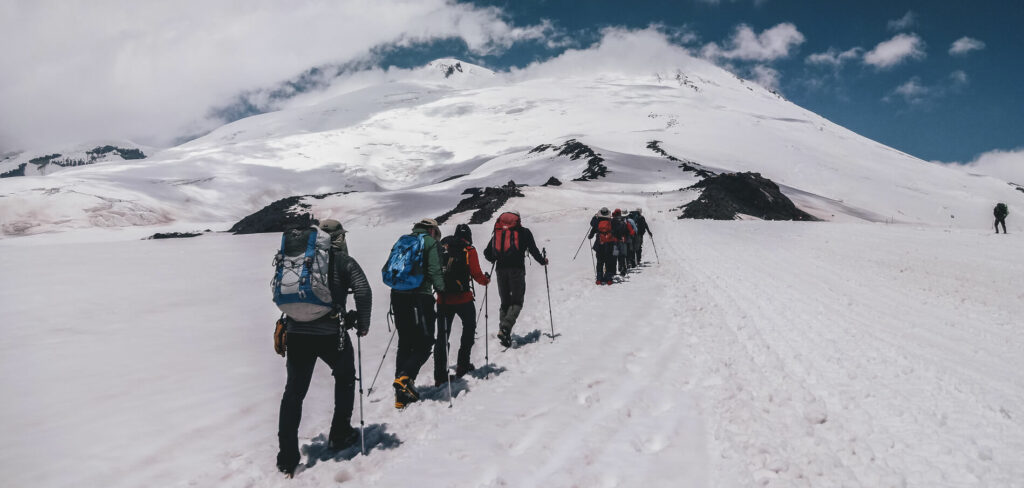
What can I expect on Elbrus?
As a level 8 expedition, you can expect to trek an average of 6 to 8 hours per day at altitudes not exceeding 7,000 metres. Typically, it will involve one extremely long and/or tough day to reach a summit. Typical elevation gain per day would be 500 – 1000 meters, with at least one day over 1200 metres. Added to this will be the remote location of the expedition and the fact that you will typically need to carry your own equipment. You should be comfortable withstanding harsh mountain conditions for several days in a row. The itinerary is likely to change due to weather conditions. As a rough guide, you should be comfortable walking for 8 hours per day carrying a 20kg pack for two days in a row.
What about Kilimanjaro?
As a level 5 trek, you can expect to trek an average of 6 to 8 hours per day at altitudes not exceeding 6,000 metres. The trek will involve one long summit day of 10 to 15 hours. Typical elevation gain per day would be 500 – 1000 meters, with at least one day over 1000 metres. As a rough guide, you should be comfortable hillwalking for 7 hours per day for two days in a row.
If I climbed Kilimanjaro, can I climb Elbrus?
If you’re got one high altitude trek under your belt, you know what to expect on another. A lot of people choose tougher treks for their next expedition. The most important thing you need to do is train properly beforehand! If you want to know the best trek for you, get in touch with us to discuss our different options.
You can see more about our expeditions to Elbrus and Kilimanjaro here.
